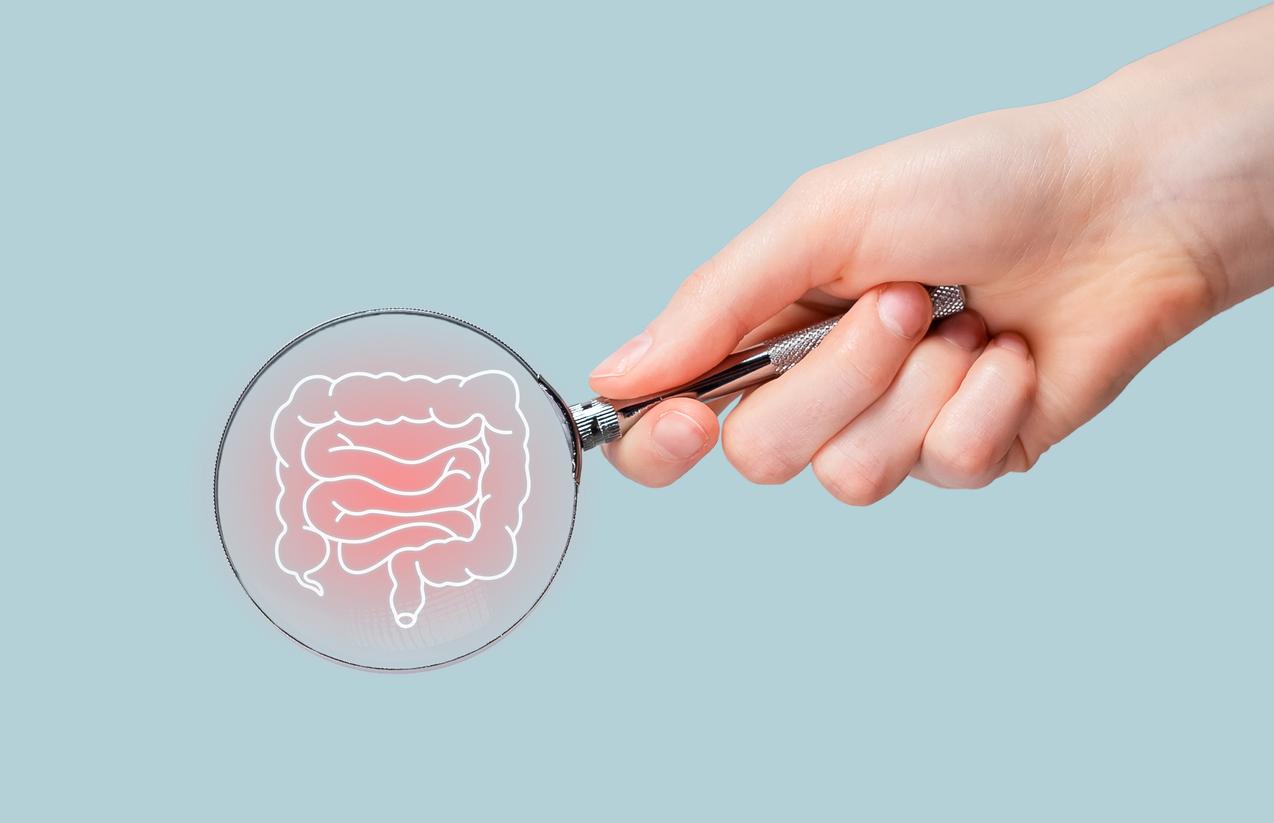According to a Canadian study, 55.4% of youth and young adults who consume energy drinks experience negative effects on their health. In France, at least 200 side effects have been reported with these drinks according to ANSES. A public health problem at a time when the consumption of these drinks, with or without alcohol is increasing in the world.

In national survey of young Canadians, more than half of young adults and adolescents who have ever consumed an energy drink report having experienced at least one side effect on their health, including a fast heartbeat (tachycardia), nausea and, in rare cases, seizures .
In France, similarly, at least 200 side effects have been reported with these drinks according to the agency that deals with consumer products.
Many troubles
As part of the study, researchers interviewed 2,055 young Canadians aged 12 to 24. Among those who reported consuming energy drinks at some point in their life, 55.4% reported experiencing an adverse effect on their health.
Of those who reported adverse health effects, 24.7% reported having an increased heart rate, 24.1% said they had difficulty sleeping, and 18.3% experienced headaches.
A total of 5.1% reported nausea, vomiting or diarrhea, 5% had seen a doctor for these side effects, 3.6% reported experiencing tightness or chest pain, and 0.2% reported having had an epileptic seizure.
Coffee so far mainly studied
Currently, Canadian legislation is primarily aimed at prohibiting the marketing of energy drinks to children and recommends that these drinks not be drunk during sports.
“Most of the studies on the risks of energy drinks done to date have focused on coffee to assess its health effects, but it is clear that these products pose a more serious risk than coffee,” said David Hammond. , professor at the University of Waterloo.
Several types of energy drinks
Energy drinks are drinks that contain a lot of caffeine, amino acids (taurine), a lot of sugar (up to 10 teaspoons of sugar for a 250 ml can), vitamins and sometimes plant extracts (ginseng , guarana, mate). Energy drinks are supposed to meet the needs of athletes and instead contain sugars, vitamins and minerals.
Due to the presence of excess sugar in energy drinks, which can amount to 30% of the calorie intake of children, they are at risk of obesity and diabetes in the long term.
Caffeine (80 mg in Red Bull, or the equivalent of a cup of coffee, but 3 times more than in cola) dehydrates the body and is therefore not recommended in case of physical exertion.
As for taurine, animal studies show harmful consequences of its overconsumption on brain development. Young people exposed to high levels of taurine could have learning and memory problems.
Problems also observed in France
According to site of the National Agency for Food, Environmental and Occupational Health Safety (ANSES), the problem is the same in France. The Agency reports more than 200 cases of adverse effects reported in connection with the consumption of energy drinks: feelings of tightness or chest pain, tachycardia, hypertension, arrhythmias up to cardiac arrest, irritability, nervousness , anxiety, panic attacks, epilepsy …
But that’s without counting the mixture of alcohol and energy drink that changes the perception of the risks associated with the consumption of these drinks. Young people use these mixtures from a psychostimulatory perspective and this is a big mistake. In fact, the consumption of this alcohol-energy drink mixture may result in an increased risk of injury, compared to alcohol consumption alone.
Because of the stimulating effect of caffeine, energy drinks mask the state of fatigue of young consumers, which can lead them to underestimate their level of alcoholism, to stay outside longer, to consume more. alcohol and ultimately to behave at risk.
An essential limitation in children
“The number of health effects seen in our study suggests that more should be done to limit consumption in children and youth,” said Hammond.
“The negative health effects of energy drinks could be secondary to different ingredients, other than coffee or the way it is consumed (alcohol, physical activity), but the results suggest the need to increase the study of the effects of these health products ”.
An important resolution when we know that studies have shown that energy drinks can promote the development of a serious heart rhythm disorder in people with a genetic disease: long QT syndrome.
.
















